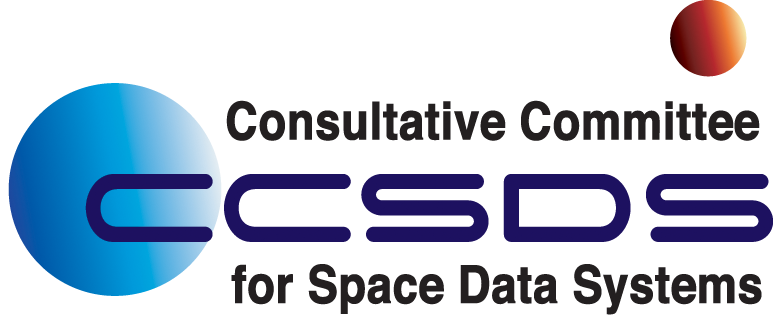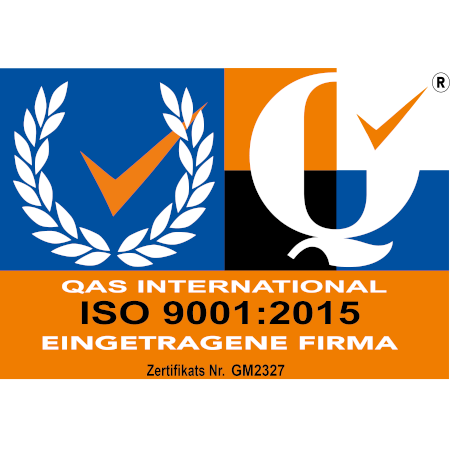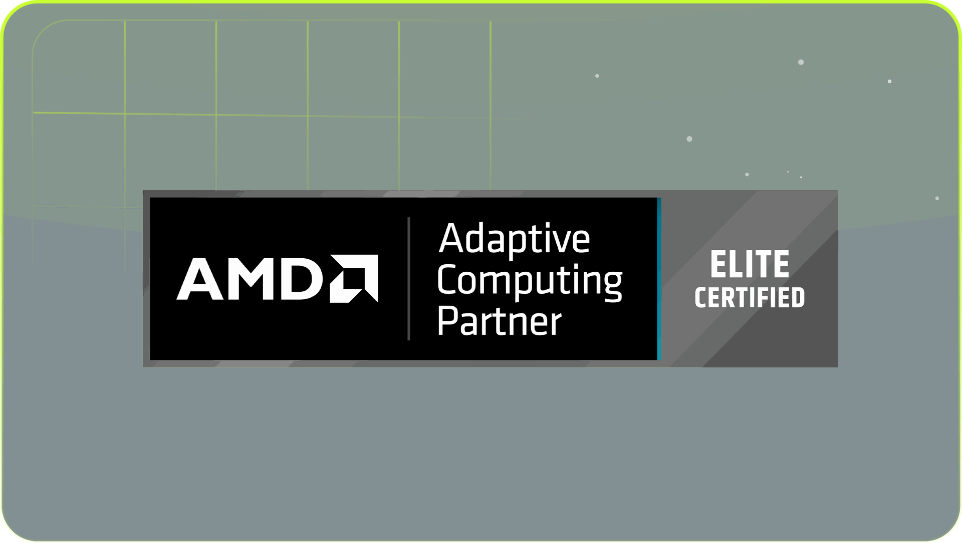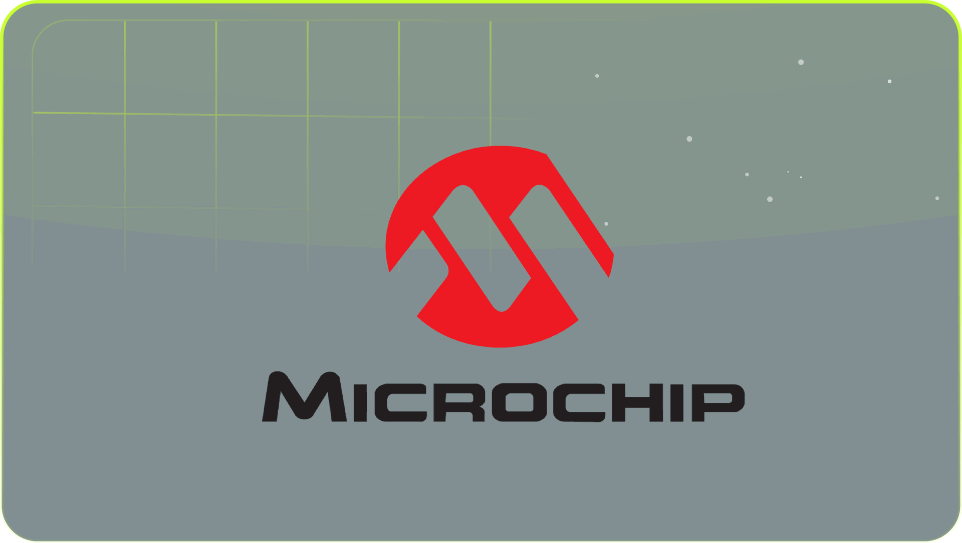
The Creonic CCSDS LDPC IP cores support the LDPC coding scheme as defined by the CCSDS standard. The LDPC code with single rate 223/255 was specifically designed for Near-Earth missions, but the excellent error correction performance also makes it an ideal solution for a wide variety of high-throughput applications.
Interested? Contact us!
Kevin Christoffers
Director - Business Development & Sales
Product Brief
Download for more information.
- Near-Earth and Deep-Space communication
- Space links communication
- Space internetworking services
- Microwave Links
- Optical Links
- Further High-throughput Application
- Support for code rate 223/255 (7136/8160)
- Coded block size 8160 bits
- Compliant with “TM Synchronization and Channel Coding, Recommended Standard, CCSDS 131.0 B-3, Blue Book, September 2017”
We are ISO 9001:2015 certified
Our customers can rely on consistently high quality, guaranteed by our certified quality management.

Key benefits of the decoder:
- Gains of up to 3 dB compared to Viterbi decoders
- Low-power and low-complexity design
- Layered LDPC decoder architecture, for convergence behavior that is twice as fast as non-layered LDPC decoders
- Early stopping criterion for iterative LDPC decoder, saving a considerable amount of energy Configurable amount of LDPC decoding iterations for trading-off throughput and error correction performance
- Collection of statistic information (number of iterations, decoding success) Collection of statistic information (number of iterations, decoding success)
Key benefits of the encoder:
- High-throughput, low-latency encoder core
- Low-power and low-complexity design
- No BRAM required
- Deliverable includes VHDL source code or synthesized netlist, VHDL testbench, and bit-accurate Matlab, C or C++ simulation model
- Available for ASIC and FPGAs (AMD / Xilinx, Intel / Altera, Microchip)



